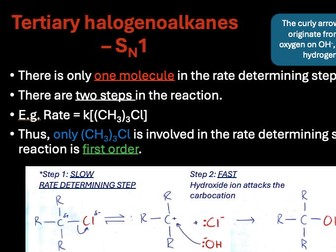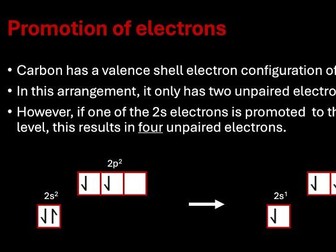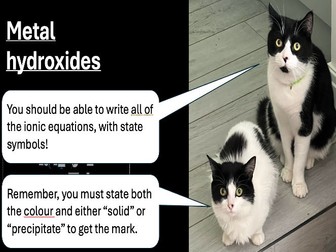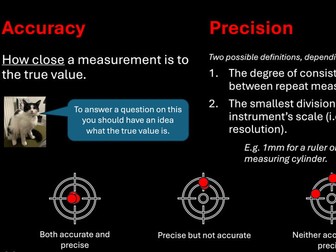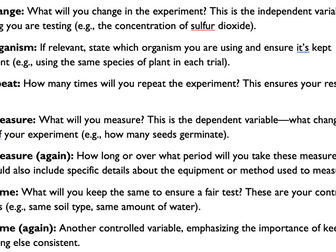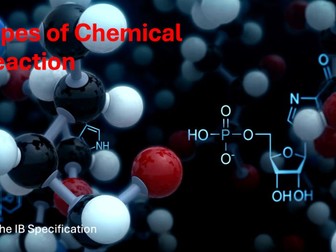Guide to SN1 and SN2 Mechanisms for A-Level and IB Chemistry Students
<p>This engaging resource is a great tool for A-Level and IB Chemistry students aiming to master nucleophilic substitution mechanisms. It provides:</p>
<code>• In-Depth Mechanisms: Step-by-step explanations of SN1 and SN2 processes, complete with annotated diagrams and examples.
• Key Comparisons: A clear breakdown of the similarities and differences between SN1 and SN2, including reaction conditions, intermediates, and kinetics.
• Stereochemistry Focus: Insightful discussions on stereochemical outcomes such as inversion and racemization.
• Halogen Influence: Detailed analysis of how the halogen atom affects reaction rates and mechanisms.
• Exam-Style Questions: A curated selection of exam questions with answers to test understanding and reinforce learning.
</code>
<p>Designed with clarity and precision, this resource is perfect for self-study, classroom use, or tutoring sessions. Empower your students to excel in their chemistry exams—download your copy today!</p>
<p>Let me know if you’d like additional adjustments!</p>
